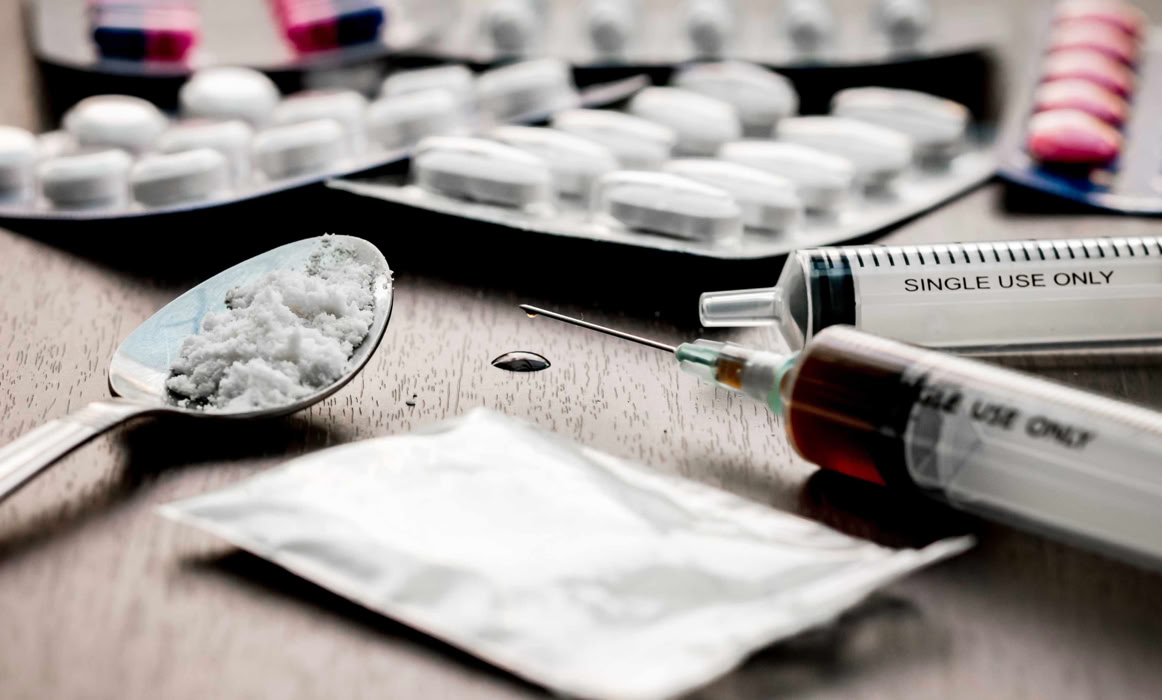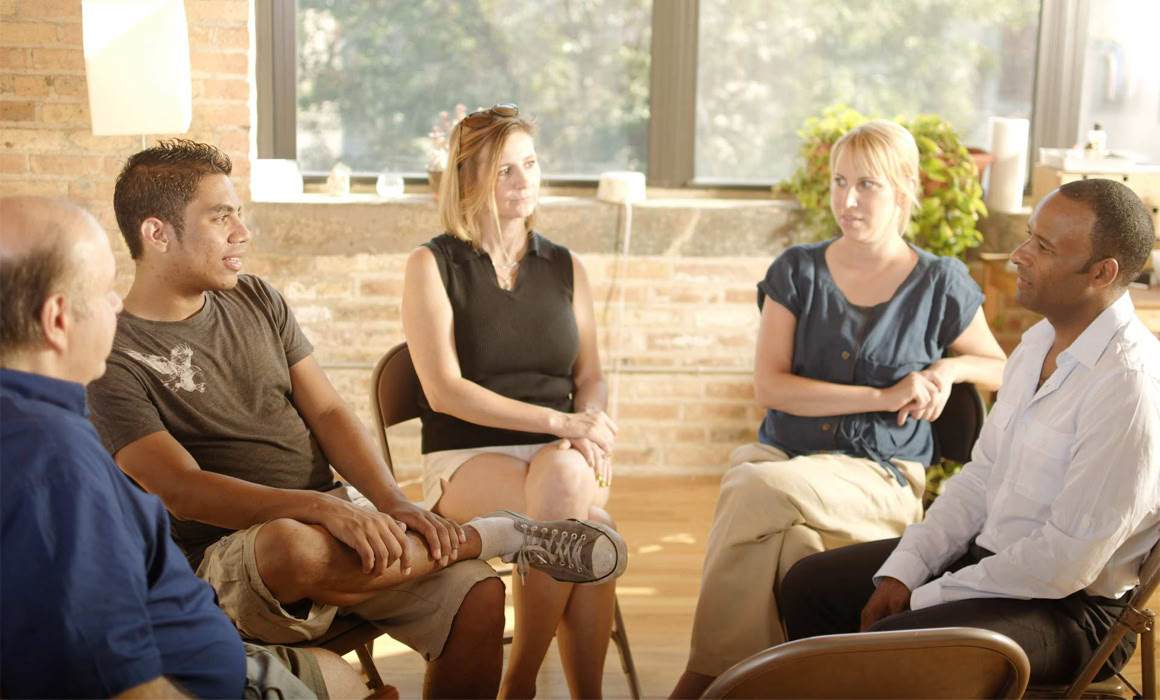Addiction Resources
Addiction Resources
Many people are able to recover from problematic addictive behavior on their own. However, if you are unable to make sufficient progress on your own, seeking outside help is the next step. Regardless of which expert(s) you see, keep in mind that the foundation for change is in your own control and will largely be dependent on your own motivation to change. No one is going to “fix” you without your deep engagement in the process.
Most individuals seek addiction treatment because of problems that exist alongside addiction (like trauma, anxiety, depression, or bipolar disorder). Understand that these problems may take more time to treat than the addiction itself. Therefore, you will want to seek the help of highly qualified, licensed professionals, not simply drug counselors. The time you spend investigating treatment options will be one of the best investments you can make in yourself or in a loved one.
Addiction Recovery Resources
Addiction Treatment Options
If you are unable to recover on your own, entering inpatient rehab, outpatient rehab, an intensive outpatient program or individual therapy is something to consider. It will likely involve a commitment of significant time and money. It is important to understand the differences in the levels of care that are provided and to be prepared to ask some serious questions before you decide to admit.
Below are the different types of treatment settings. This will help you determine the level of care you or your loved one requires. A complete list of addiction treatment services in the US is provided by the federal government.
Clink on this link for services in your area: Substance Abuse and Mental Health Services Administration
(This list does not imply endorsement. Please review “Buyer Beware” section below)
For information about various drugs and addiction terminology, click here for a comprehensive list of definitions
Buyer Beware!
Recommending any addiction treatment facility in an unregulated industry that uses unscientific treatments, administered by poorly educated professionals, is a “roll of the dice” at best.
Rather than providing a list of specific facilities, we encourage you to be a careful consumer. It is important to know the right questions to ask when searching for any level of addiction treatment.
Be persistent in your questioning and do not accept vague answers!
Most facilities say their treatment is “individualized” and “evidence-based”. The following questions can help identify what is different about facilities, save you money and protect you from questionable treatment practices (some questions are suitable only for inpatient treatment).
PLEASE NOTE: If you are looking for treatment, you might begin your internet search with “inpatient drug rehab” or “intensive outpatient program”, depending on your desired level of care. For 12-step treatment, search “12-step addiction treatment.”
If you are looking for non 12-step treatment, start with “non 12-step rehab” or “alternative to AA.” A directory of non-12-step providers is here: www.seatainfo.org
Addiction Recovery Self-Help and Support Groups
These groups are free of charge and managed by volunteers, some of whom are trained in the approach of that organization. These organizations typically also have a substantial online presence.
PLEASE NOTE: A support group is NOT treatment. Click on the links below to find out more about the various support groups and meeting schedules for your area:
SUPPORT GROUP MEETINGS
(other 12 step groups are also available)


